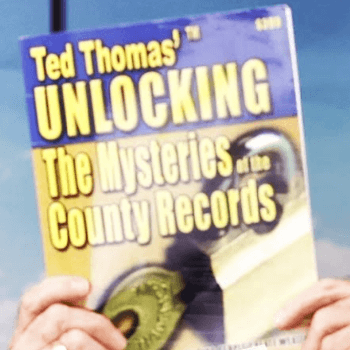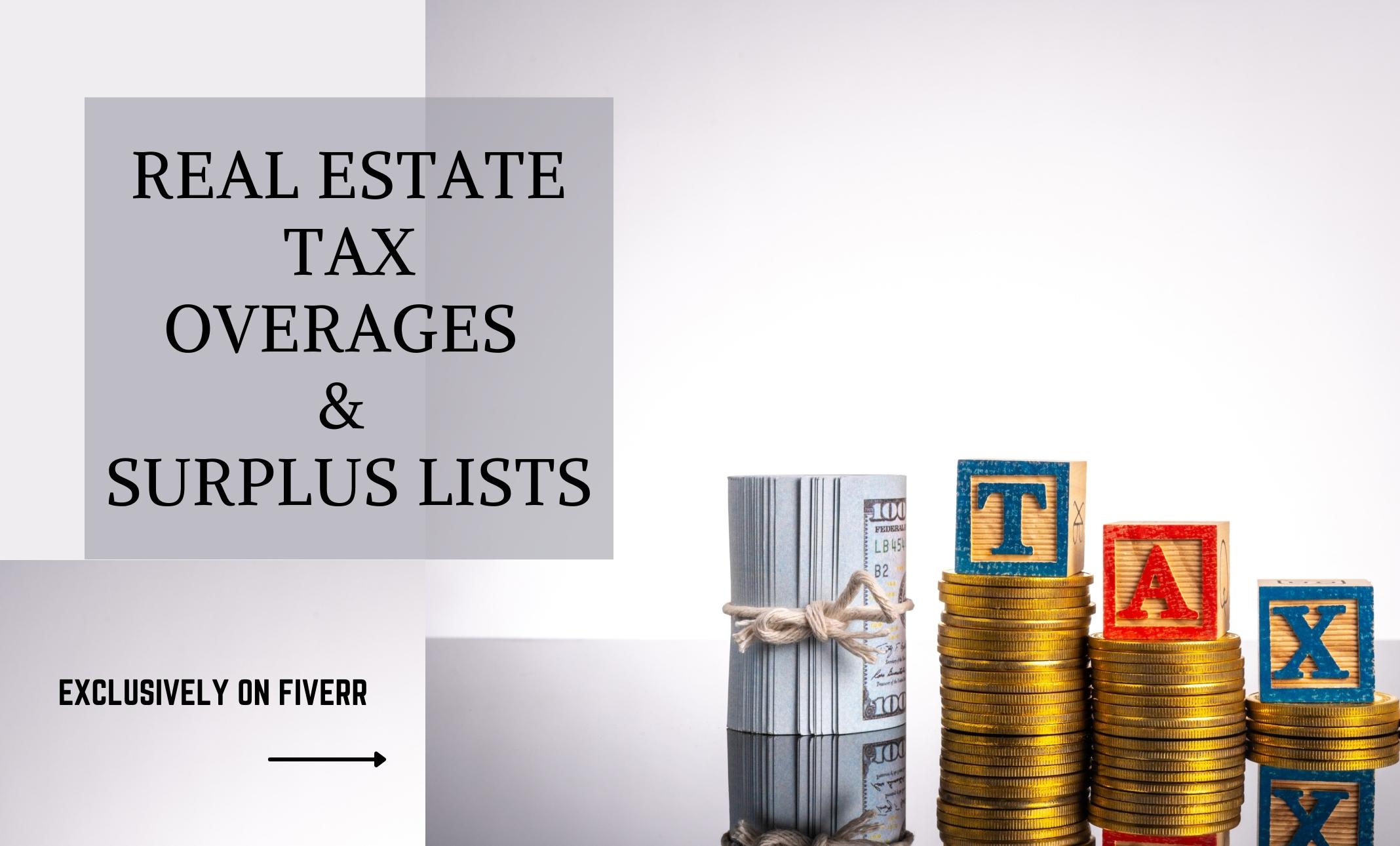All Categories
Featured
Table of Contents
Many of those home owners really did not even recognize what excess were or that they were even owed any kind of surplus funds at all. When a homeowner is unable to pay residential or commercial property taxes on their home, they may shed their home in what is recognized as a tax sale public auction or a constable's sale.
At a tax sale public auction, residential properties are sold to the highest bidder, nevertheless, sometimes, a building may cost even more than what was owed to the area, which causes what are known as surplus funds or tax obligation sale overages. Tax obligation sale excess are the extra money left over when a confiscated residential or commercial property is marketed at a tax obligation sale public auction for greater than the quantity of back tax obligations owed on the property.
If the building costs greater than the opening proposal, then excess will be created. However, what the majority of homeowners do not recognize is that several states do not enable areas to maintain this additional money for themselves. Some state statutes determine that excess funds can only be declared by a few celebrations - including the individual that owed tax obligations on the residential or commercial property at the time of the sale.
If the previous home proprietor owes $1,000.00 in back tax obligations, and the residential property markets for $100,000.00 at public auction, then the regulation specifies that the previous residential property proprietor is owed the distinction of $99,000.00. The county does not reach maintain unclaimed tax excess unless the funds are still not asserted after 5 years.
Advanced Tax Overages Strategy County Tax Sale Overage List
The notification will usually be mailed to the address of the residential property that was sold, but given that the previous residential or commercial property owner no longer lives at that address, they often do not receive this notification unless their mail was being forwarded. If you remain in this circumstance, don't let the federal government keep money that you are qualified to.

From time to time, I hear talk regarding a "secret brand-new chance" in the company of (a.k.a, "excess proceeds," "overbids," "tax sale surpluses," etc). If you're totally unknown with this concept, I would certainly like to give you a fast review of what's taking place right here. When a home proprietor quits paying their residential property tax obligations, the local district (i.e., the area) will certainly wait for a time before they seize the residential or commercial property in foreclosure and offer it at their annual tax obligation sale public auction.
The info in this short article can be influenced by many one-of-a-kind variables. Expect you possess a property worth $100,000.
Leading Tax Overages Business Blueprint Tax Overage Recovery Strategies

At the time of repossession, you owe ready to the region. A couple of months later, the county brings this residential property to their yearly tax sale. Below, they market your property (in addition to lots of various other overdue properties) to the highest bidderall to redeem their lost tax revenue on each parcel.
This is since it's the minimum they will certainly need to redeem the cash that you owed them. Right here's the point: Your home is conveniently worth $100,000. A lot of the capitalists bidding process on your home are completely aware of this, as well. In several instances, residential properties like yours will certainly get bids much beyond the amount of back taxes really owed.
But get this: the county only needed $18,000 out of this property. The margin between the $18,000 they needed and the $40,000 they got is known as "excess earnings" (i.e., "tax sales excess," "overbid," "excess," etc). Lots of states have statutes that ban the area from keeping the excess settlement for these buildings.
The region has rules in area where these excess proceeds can be asserted by their rightful owner, typically for a designated period (which differs from state to state). And who exactly is the "rightful proprietor" of this cash? It's YOU. That's! If you shed your residential property to tax foreclosure because you owed taxesand if that residential or commercial property subsequently cost the tax sale public auction for over this amountyou might probably go and accumulate the distinction.
Unmatched Unclaimed Tax Overages Strategy Mortgage Foreclosure Overages
This includes confirming you were the prior owner, completing some paperwork, and awaiting the funds to be supplied. For the average individual who paid full market value for their residential property, this method doesn't make much feeling. If you have a significant quantity of cash money invested right into a home, there's means way too much on the line to just "allow it go" on the off-chance that you can bleed some extra squander of it.
For instance, with the investing technique I use, I could acquire residential properties totally free and clear for cents on the buck. To the shock of some investors, these bargains are Presuming you recognize where to look, it's frankly simple to locate them. When you can purchase a residential property for a ridiculously cheap rate AND you understand it deserves significantly greater than you spent for it, it might effectively make sense for you to "roll the dice" and try to gather the excess profits that the tax obligation foreclosure and auction process generate.
High-Impact Tax Lien Overages Curriculum Tax Overages
While it can certainly work out comparable to the method I've described it above, there are additionally a couple of downsides to the excess proceeds approach you actually should know. Tax Overage Recovery Strategies. While it depends substantially on the characteristics of the building, it is (and in some instances, most likely) that there will be no excess proceeds created at the tax obligation sale auction
Or possibly the region doesn't create much public rate of interest in their public auctions. In any case, if you're buying a residential or commercial property with the of allowing it go to tax repossession so you can collect your excess earnings, what if that cash never comes with? Would it deserve the time and money you will have squandered as soon as you reach this final thought? If you're anticipating the area to "do all the job" for you, after that guess what, In most cases, their routine will essentially take years to pan out.
The very first time I sought this strategy in my home state, I was told that I really did not have the alternative of declaring the surplus funds that were produced from the sale of my propertybecause my state didn't enable it (Bob Diamond Overages). In states similar to this, when they produce a tax obligation sale overage at a public auction, They simply maintain it! If you're considering using this technique in your business, you'll intend to believe long and difficult about where you're working and whether their regulations and statutes will even enable you to do it
Top-Rated Tax And Mortgage Overages Learning Property Tax Overages
I did my finest to give the proper response for each state over, but I 'd suggest that you before proceeding with the assumption that I'm 100% correct. Bear in mind, I am not an attorney or a certified public accountant and I am not trying to offer specialist lawful or tax guidance. Talk to your attorney or certified public accountant before you act on this info.
Table of Contents
Latest Posts
Tax Sale Housing
Government Tax Foreclosure Sales
Tax Foreclosed Property
More
Latest Posts
Tax Sale Housing
Government Tax Foreclosure Sales
Tax Foreclosed Property